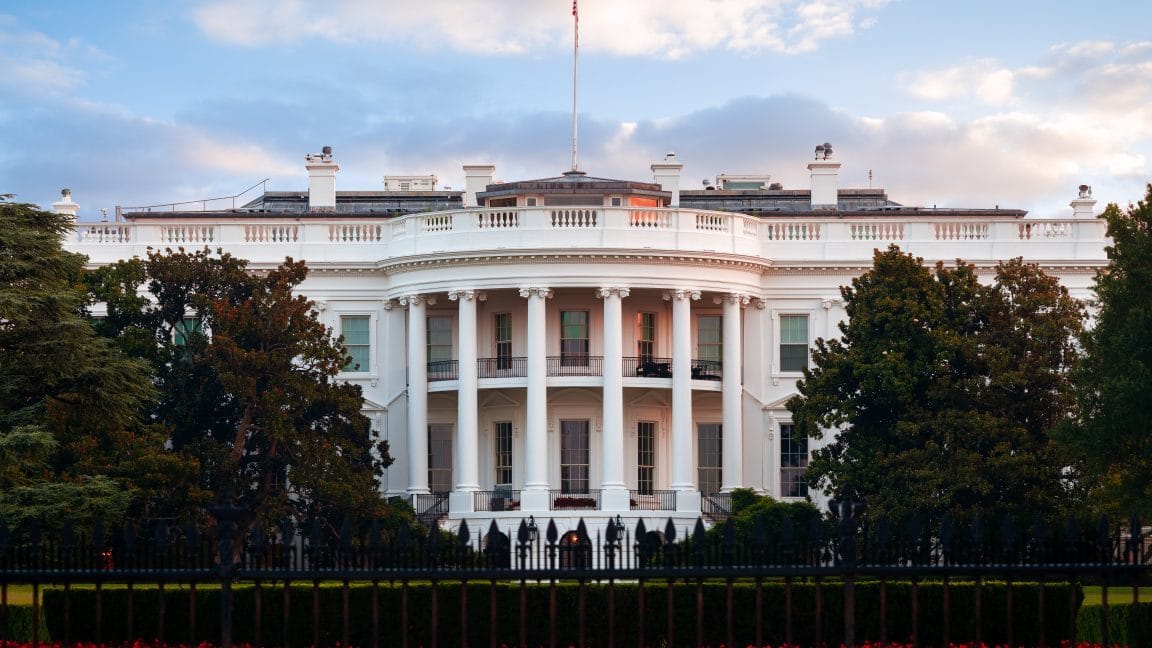
Welcome, AI enthusiasts
Trump wants the U.S. to move fast and lead the world in AI. His new plan cuts back on safety rules, makes it easier for companies to build AI tools, and pushes for more open-source development. It’s all about less red tape, cheaper energy, and making sure American AI stays on top. Let’s dive in!
In today’s insights:
Trump’s AI Plan: Deregulate to Dominate
Amazon to acquire Bee AI wearables
Man used AI to build homemade bomb
Read time: 4 minutes
LATEST DEVELOPMENTS
Evolving AI: Trump’s new action plan aims to supercharge AI through deregulation and infrastructure boosts.
Key Points:
The White House released a 25-page plan to make the US the global leader in AI by scrapping regulations and expanding infrastructure.
Critics say the plan favors tech giants, cuts environmental safeguards, and ignores safety standards.
A coalition of over 90 organizations released a counter-plan focused on worker rights, health, and public accountability.
Details:
Trump’s “AI Action Plan” centers on deregulation, energy expansion, and pushing American AI globally. It revokes Biden-era safety measures, directs agencies to ease compliance burdens, and urges open-source development. The plan aligns AI growth with national security and economic power, calling for new data centers and grid upgrades, while rejecting climate regulations. Consumer advocates warn this could harm wages, healthcare, and the environment.
Why It Matters:
By rolling back Biden-era AI guardrails and blocking states from enforcing their own AI laws, the plan clears the way for faster, less constrained growth in sectors like defense, finance, and cloud services. But that same deregulation undermines consumer protections, environmental standards, and local autonomy. So if you're working in HR, education, healthcare, or community tech, you might see tools deployed before watchdogs catch up, and that could mean AI systems touching hiring, patient care, or public services without much oversight. And with major firms cheering it on, it's a moment to ask: is speed worth more than safety?
Evolving AI: Amazon acquires Bee AI, maker of a wristband that listens and summarizes your day.
Key Points:
Bee AI created a $49.99 wristband that uses microphones and on-device AI to capture and summarize conversations.
Amazon confirmed the acquisition but didn’t share deal terms; Bee's team joins Amazon.
This move follows Amazon’s earlier attempt at wearables with Halo, which it discontinued in 2023.
Details:
Amazon is set to acquire San Francisco-based Bee AI, known for its wristband that captures daily conversations and turns them into summaries, reminders, and to-do lists. The startup, led by Maria de Lourdes Zollo, launched with a vision of truly personal AI. Amazon, pushing deeper into generative AI, adds Bee to its growing lineup, which includes Bedrock, Alexa upgrades, and Nova models. The deal's value remains undisclosed.
Why It Matters:
Amazon isn’t just chasing ChatGPT with Alexa upgrades anymore, it’s getting into wearables that actually listen and learn from your life. The Bee wristband isn’t about steps or heart rate, it’s about memory: capturing what you say so it can remind you later. That could be super helpful for busy people juggling work, kids, and endless to-do lists. It’s convenient, but it also reopens the privacy debate that Amazon knows all too well. This could be the start of a new wave of AI tools that are always with you.
Evolving AI: A New York man used AI to help build homemade bombs, prosecutors say.
Key Points:
Michael Gann allegedly used AI to research bomb-making chemicals and processes.
He built seven explosives and stored some on a Manhattan rooftop.
Authorities say he acted alone and was arrested before any detonation.
Details:
Federal prosecutors have charged 55-year-old Michael Gann with constructing seven homemade bombs using information he gathered through AI tools. Gann, a Long Island resident, allegedly stored five of the devices on a SoHo rooftop and attempted to use shotgun shells with them. Authorities say he even tested one explosive near the East River, and threw others off the Williamsburg Bridge. His arrest followed a series of concerning social media posts and witness reports.
Why It Matters:
The scary part is how easy it’s getting to use AI for stuff it was never meant to do. This isn’t some dark web situation either: Gann was using regular AI tools to figure out bomb recipes, and it actually worked. This should be a wake-up call for tech firms building these models. If people can casually ask chatbots how to mix explosives like it’s a baking recipe, we’ve got a safety issue way bigger than deepfakes or bad homework.
QUICK HITS
😶🌫️ Satya Nadella seeks to reassure Microsoft employees in layoffs memo.
📉 AI summaries cause ‘devastating’ drop in audiences, online news media told.
✈️ Delta plans to use AI in ticket pricing draws fire from US lawmakers.
🇨🇳 Tech firms to showcase AI innovations in a China under US sanctions.
🛍️ Google AI Mode will generate fake clothes to help you buy real ones.
📈 Trending AI Tools
📝 Whismer AI – Converts Loom‑style screen videos into complete blog posts by transcribing, summarizing, and formatting automatically (link)
🏗️ Trunk Tools – “ChatGPT for construction”: transforms blueprints, schedules, and drawings into structured workflows (link)
🌐 Memories AI – Platform for long-form video analysis: index, search, and query massive video libraries using natural language (link)
🤝 Lyra – AI-native meeting platform doing real-time collaboration and auto-generating meeting notes (link)





